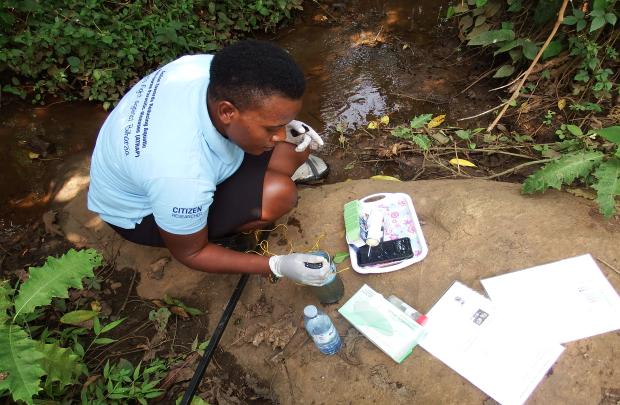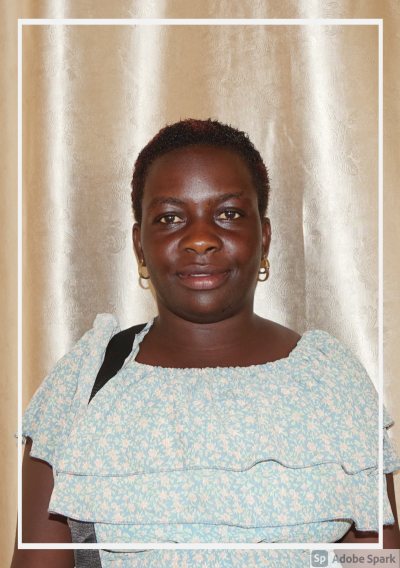Ugandan citizen scientists fight against Bilharzia

Action Towards Reducing Aquatic snail-borne Parasitic diseases (ATRAP)
Location
Uganda
Duration
2019 – now
Who participates
25 Ugandan community members
In the fight against Bilharzia, Ugandan citizen scientists monitor snail presence in freshwater bodies.
ATRAP, acronym for Action Towards Reducing Aquatic snail-borne Parasitic diseases, is an innovative research project taking place in Uganda, where 25 citizen scientists collaborate with researchers from the AfricaMuseum.
Bilharzia is a human and animal disease caused by parasitic worms which infect freshwater snails. The community members, or citizen scientists, collect and identify snails at 76 pre-selected sites. After the collection, the data is validated by Masters and PhD students from Belgium and Uganda. They all meet several times a year to discuss collection methods, findings and the best ways to raise awareness about Bilharzia. The ongoing collaboration between biologists, sociologists and citizens is what makes this project unique.
"Thanks to this data, we are going to be able to make predictions about where there will be potential infection hotspots, now and in the future. But at least as important to me is mobilizing the whole community. People here have come up with customized solutions themselves, supported by our researchers." Tine Huyse, senior biologist, AfricaMuseum
Following their active involvement in interpreting the findings, the citizen scientists have become trusted experts in their local communities. They take on the role of intermediaries between the scientific research and the population. They inform the locals and give prevention recommendations. As a result, some have gained laudatory surnames such as ‘doctors of water’ or ‘snail doctor’.
Why does it matter ?
Bilharzia infection in humans occurs when the worms, released by freshwater snails, enter the skin through contact with infested water. They infect the human urinary tract or the intestines. Those who have been infected for a long time may experience liver damage, kidney failure and infertility. Bilharzia also affects cattle, causing lower milk production.
Mass drug administration alone does not suffice to control the disease and the World Health Organization recommends complementing treatment by snail control and community involvement. However, there is a lack of snail experts and snail data in the area. Also, re-infection rates are high because of limited access to clean water and sanitation facilities.
Women are responsible for water collection, cooking and cleaning in the household. As a result, they are particularly exposed. They are also the ones raising children and passing on knowledge and behavior patterns to future generations.
Stay up to date: www.africamuseum.be/atrap or https://twitter.com/AtrapU
News: https://www.africamuseum.be/nl/research/discover/news/atrap






